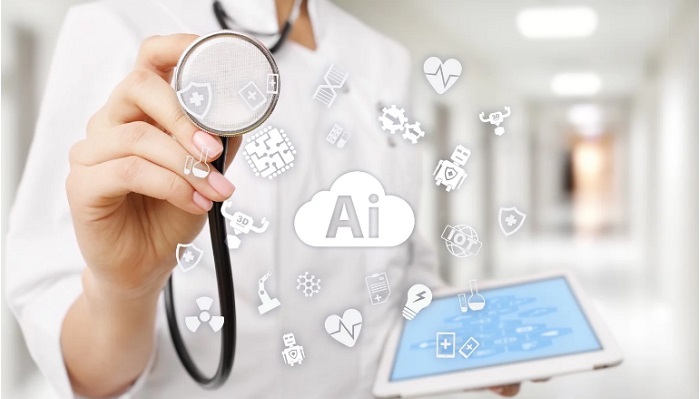April 30, 2024, is going to be regarded as historic as the Medicines and Healthcare Products Regulatory Agency- MHRA has decided to roll out a strategic approach to AI.
Welcoming ‘A pro-innovation approach to AI regulation’, a government white paper that was published in 2023, the MHRA has taken worthy steps over the past 12 months in terms of adoption when it comes to recommendations in the work on the basis of 5 major strategic principles such as security, safety, and robustness; fairness; accountability; and governance; right transparency and explainability; as well as contestability and redress.
It is well to be noted that the MHRA was asked to give a strategic and independent view when it came to the agency’s approach to artificial intelligence as far as the field of medicine and science is concerned and the right steps that the organization is taking or intending to take that are in sync with the anticipations that are jotted within the white paper.
The MHRA, being a science-led organization, happens to have a prominent role to play when it comes to achieving the objective for the UK so as to be a superpower in science and Tech by the end of this decade. The agency is taking into account perspectives as a regulator of AI products, as a public service organization that delivers time critical decisions and as an organisation which happens to make decision based on evidence that go on to impact public-patient safety, and in which the evidence often gets supplied by the third party. All this happens to be from the viewpoint of considering the challenges and opportunities of AI.
According to the Chief Quality and Access Officer at the MHRA, Dr. Laura Squire, AI goes on to offer opportunities so as to enhance the efficiency that the MHRA offers throughout all the regulatory functions coming from regulatory science by way of enabling safe access to medicines and medical devices in order to post-market enforcement as well as surveillance.
She adds that while making the most of this opportunity, they must also take into perspective the risk proportionate regulation of AI as a medical device—AIaMD that takes into account the risks these products have sans stifling the potential they happen to have so as to transform healthcare.
Growingly, they indeed expect AI to feature in how those that they regulate undertake their activities and go on to generate evidence, and hence they need to ensure they have an understanding of the impact in order to continue to regulate in an effective way.
Artificial intelligence happens to be already transforming the way healthcare is being delivered, by way of cutting waiting lists for patients and freeing up time for NHS staff, said Health and Social Care Secretary Victoria Atkins.
She would want to see AI and technology harnessed as part of their plan for a much faster, simpler, and definitely fairer healthcare system. The government announced a £3.4 billion investment on latest technology for the NHS in the budget so as to aid doctors and nurses to stress on patients and not admin.
Atkins added that she is pleased that MHRA has set out such principles, which will go on to help make sure that AI is consistently being used in a safe, secure, and also very transparent way throughout the health service.
Improved efficiencies will go on to result in UK patients getting benefitted from enabling safe access as far as medical products are concerned, and that too earlier than may have been possible in the past, while at the same time the MHRA will go on to have a much wider scope to focus specialist expertise on priorities like innovation and patient engagement.
Apart from this, there is a basic need for regulatory decisions to be based on robust evidence, as the MHRA process in terms of considering submissions, inspection of premises, and examination of the data is dependent on it, and as regulators, they go on to expect such processes and protocols to transition in line with innovative AI.
The MHRA is at present, in the process of executing its own set of regulatory reform programme that are related to AI-driven medical devices so as to have in it risk proportionate regulation when it comes to AI as a medical device- AIaMD.
AI is most likely, in the years to come, going to be integral to making sure of effective product regulation as well as patient safety, and hence measuring and gauging its effect is mandatory for the MHRA to be a regulator that’s regarded as innovative and effective.



















